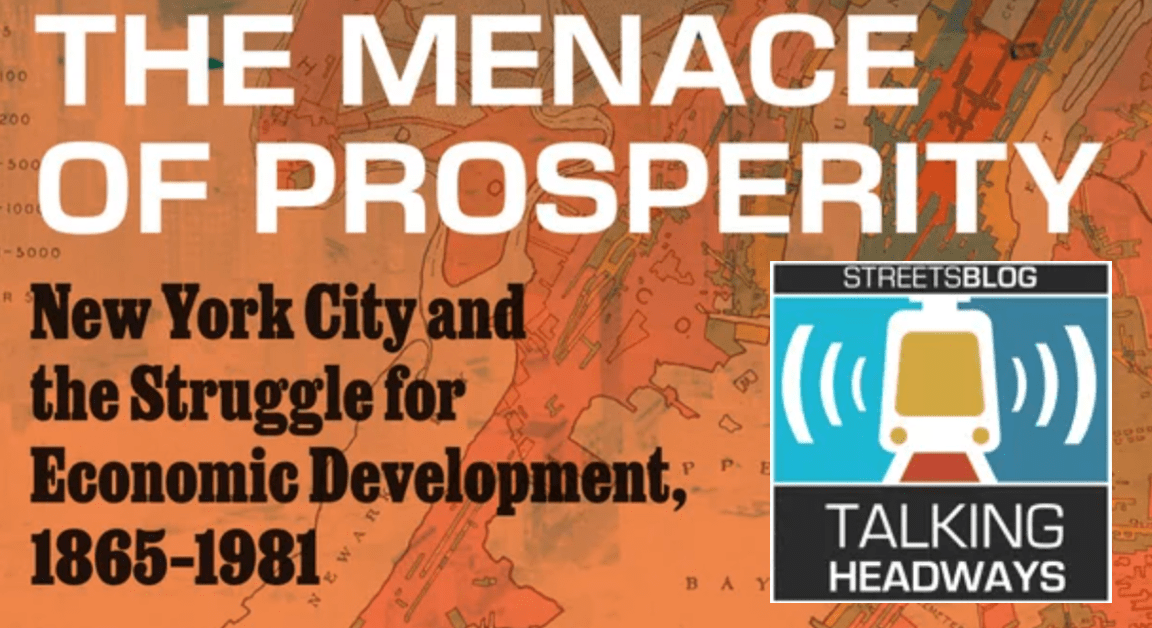Lisa Sedlar, a veteran of big grocery stores like Whole Foods and Portland's New Seasons, is the owner of Green Zebra Grocery in Portland, Oregon -- a smaller store she thinks is better scaled to meet shifting demands.
Michael Andersen has the story at People for Bikes:
Many shoppers seemed to be shifting back to the habits of their grandparents and — if they could afford it — choosing to live near grocers so they could make small daily trips by foot or bike instead of big weekly ones by car.
So, after 10 years of thinking, Sedlar jumped. Next week, she launches the first location of Green Zebra, a 7,000-square-foot mini-grocer that includes a cook-from-scratch kitchen, fresh-cut meat, a massive salad bar, grab-and-go sandwiches and beer and wine on tap.
And active transportation is a key part of her vision, Andersen says.
If neighborhood shopping districts can ever become common again in the United States, they'll depend on businesses like this one. But the model can only succeed in bringing fresh food to new areas, Sedlar figures, if at least 30 percent of customers come in by foot, bike or public transit.
That's why Sedlar's first location has more on-site bike parking spaces (20) than car spaces (17). It's also why she's joined a group pushing to remove a lane of auto traffic on the road that goes past her shop, Lombard Street, to make room for a wide or protected bike lane, plus green bike boxes and better pedestrian crossings.
Elsewhere on the Network today: The Political Environment reports that Wisconsin is still dealing with the expensive legal fallout from Governor Scott Walker's decision to refuse federal passenger rail funds. The Bike League rounds up some local advocacy campaigns for the right to bring bikes on long-distance trains. And Systemic Failure carries a profile of the "roundabout capital of America," Carmel, Indiana.






